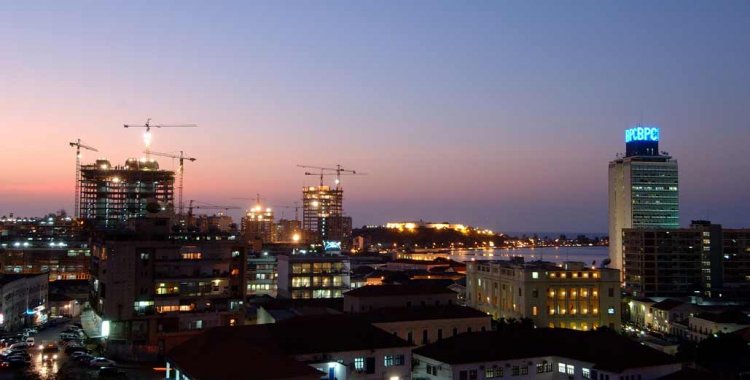"Until today, commercial banks have not realized that they can't do business with the state alone, buying government bonds, that's not possible, that's not sustainable," the researcher at the School of Oriental and African Studies University of London told Lusa.
Fernandes Wanda stressed that "state money either comes from oil or comes from taxes" and if the non-oil sector does not grow, "the prospects will not be encouraging for Angola", so commercial banks should support credit for the productive sector, which has not happened.
The Credit Support Program (PAC), which aims to encourage banks to support the productive sector, has been focusing on trade, he said, indicating that last year "the bulk of credit" was absorbed by this sector and not by agriculture, fisheries or manufacturing.
"So if we are not producing, if we are giving credit to trade, where the product that is being consumed is coming from, it is coming from imports," he said, stressing that it is difficult to defend [foreign] reserves in this way.
"Angola's problem is that it depends a lot on the external context," the academic stressed.
The five countries that are the main destination for Angolan exports (China, which receives 68 percent of oil, India with 9 percent, Portugal with 4 percent and then Spain and the United States) are still fighting the covid-19 pandemic, which does not help Angola.
"The external context is not favourable," acknowledged Fernandes Wanda, noting that the government is forced to reduce public spending at a time when it should increase investment to stimulate the economy.
The Integrated Plan for Intervention in Municipalities (PIIM), a program that allows investment in infrastructure, seems to have come "just in time" and can be, according to the economist, a countercyclical measure as long as the way the money is applied in the municipalities is monitored.
"Provided it is applied to measures that allow productive activities or social infrastructure in which local labor is used," he said.
Fernandes Wanda is also in favour of a change in strategy that not only involves monetary policy of "drying up liquidity" to force the kwanza to appreciate.
According to the academic, it will not repress demand, because people continue to need goods and services that the country does not produce and then the crisis can worsen, it can generate social instability".
"My recommendation [to the government] is to call the commercial banks and show that it is not possible to continue as before, making money through the state, they have to support the productive sector", he stressed.
"With the price of oil going down, the state is at its limit, it depends on taxes and where can it get them? It has to be in the productive sector and this can only be stimulated by channelling loans to agriculture, to fisheries, to industry, which is not happening", the economist stressed.







